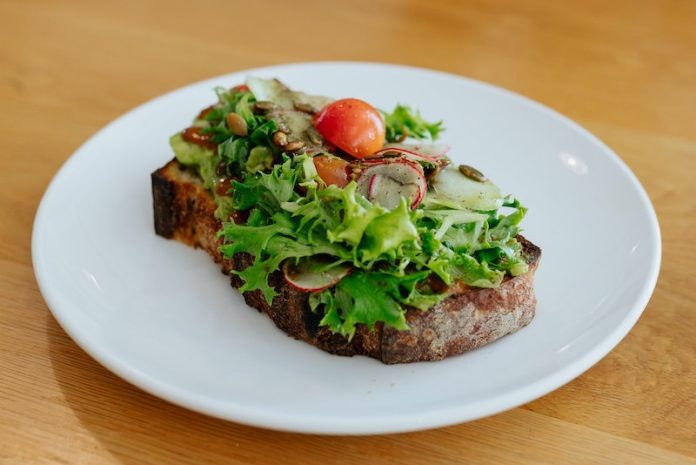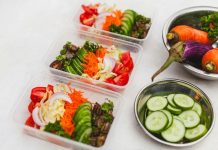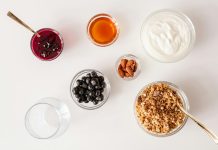
ndometrial cancer is a type of cancer that starts in the lining of the uterus (the endometrium). We know that obesity (being very overweight) can increase the risk of getting this cancer.
We also think that what we eat could be important. But so far, scientists haven’t been able to agree on which nutrients might play a role.
Our Research: Studying Nutrients and Cancer Risk
To better understand the relationship between diet and endometrial cancer, researchers decided to conduct a study. They used a method called Mendelian randomization.
This is a special way of studying health data that helps us figure out which things are causing disease and which things are just associated with it.
The Nutrients We Studied
The team looked at the effects of 15 different nutrients that we get from our diet on the risk of getting endometrial cancer.
These included vitamins (like A, C, and E), minerals (like calcium and iron), and macronutrients (like proteins, sugars, and fats). They also studied different types of endometrial cancer.
Our Findings: Vitamin C and Macronutrients
After careful study, they found that people with genetically higher levels of vitamin C were more likely to get endometrial cancer.
The team also saw some signs that the amount of macronutrients (carbohydrates, sugars, and fats) people eat could affect their risk.
However, the didn’t find any clear links between any other nutrients and endometrial cancer.
Why Is This Important?
Understanding these links could help us make better food recommendations for people who want to lower their risk of endometrial cancer.
But before the team can do that, they need more research to confirm our findings and to better understand why vitamin C and macronutrients might increase cancer risk.
What’s Next?
Scientists need to do more research to be sure about these findings. They also need to investigate other factors that could affect endometrial cancer risk.
For now, though, the research suggests that people might be able to lower their risk of endometrial cancer by paying attention to their vitamin C and macronutrient intake.
But remember, if you’re worried about your diet or cancer risk, it’s always a good idea to talk to a doctor.
The study was published in Nutrients.
Copyright © 2023 Scientific Diet. All rights reserved.








